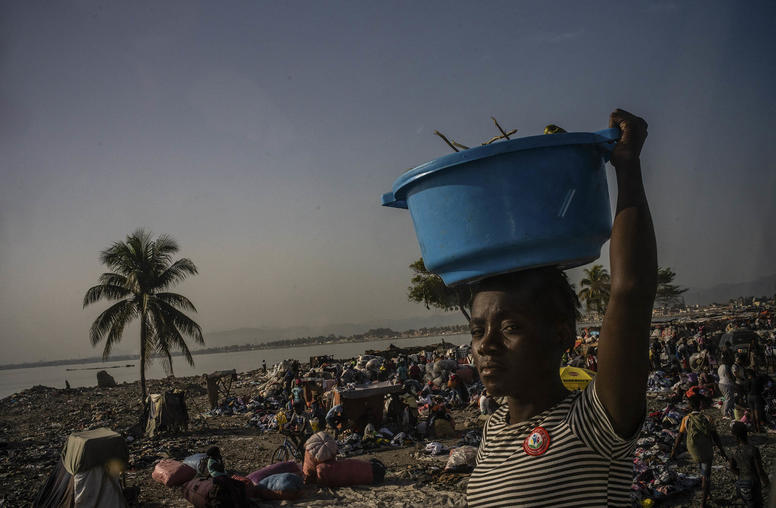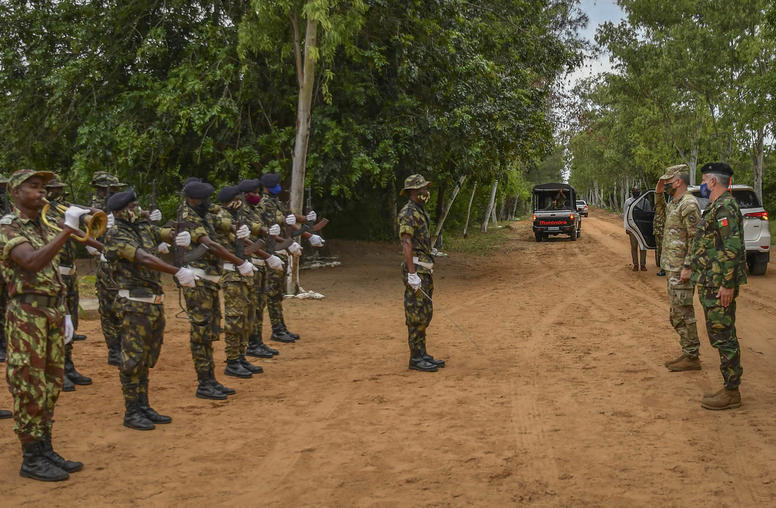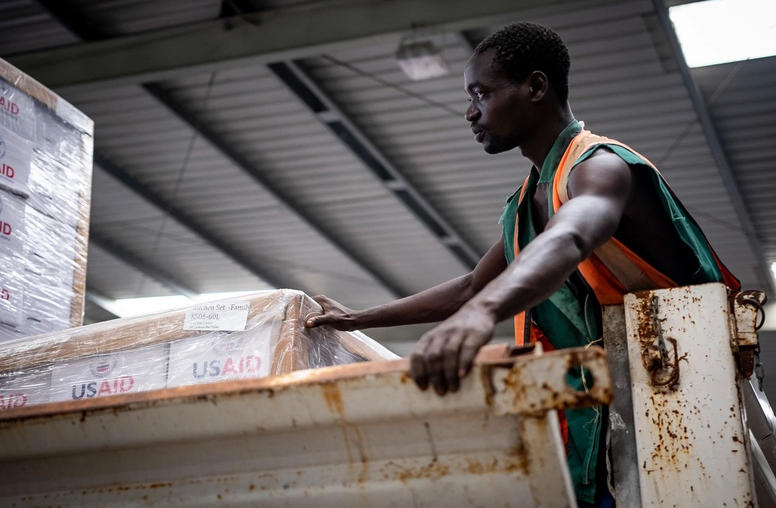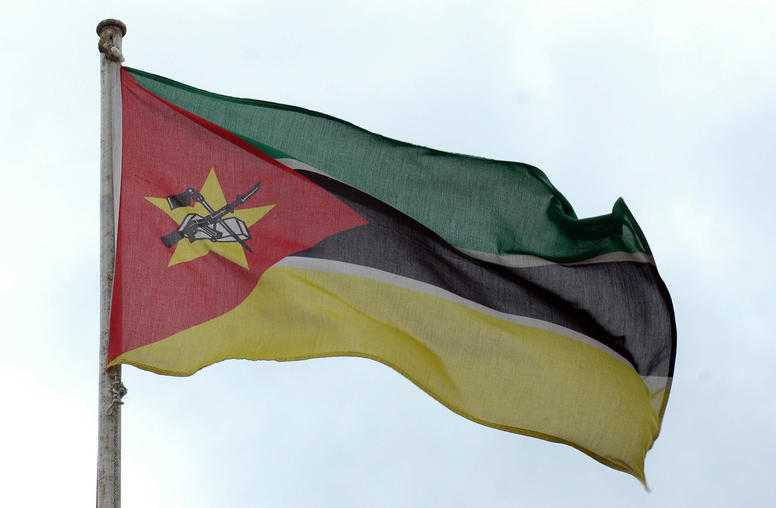Leverage the Private Sector for a Durable Peace in Northern Mozambique
The U.S.-Africa Leaders Summit provides a critical opportunity to bolster recent gains in Cabo Delgado.
The Biden administration has a full agenda planned for African heads of state arriving for the U.S.-Africa Leaders Summit in Washington next week. While much of the summit will focus on economic development, peace and security challenges exist throughout Africa. One area where concerted leadership on both fronts could make a real difference is in northern Mozambique, where an African-led regional intervention has helped to stem — but not quell — an insurgency that has ravaged Mozambique’s resource-rich Cabo Delgado province. Here the United States has an important role to play in working with Mozambican and regional leaders to devise an integrated policy approach to bring stability to the area, including by leveraging the private sector in the region.
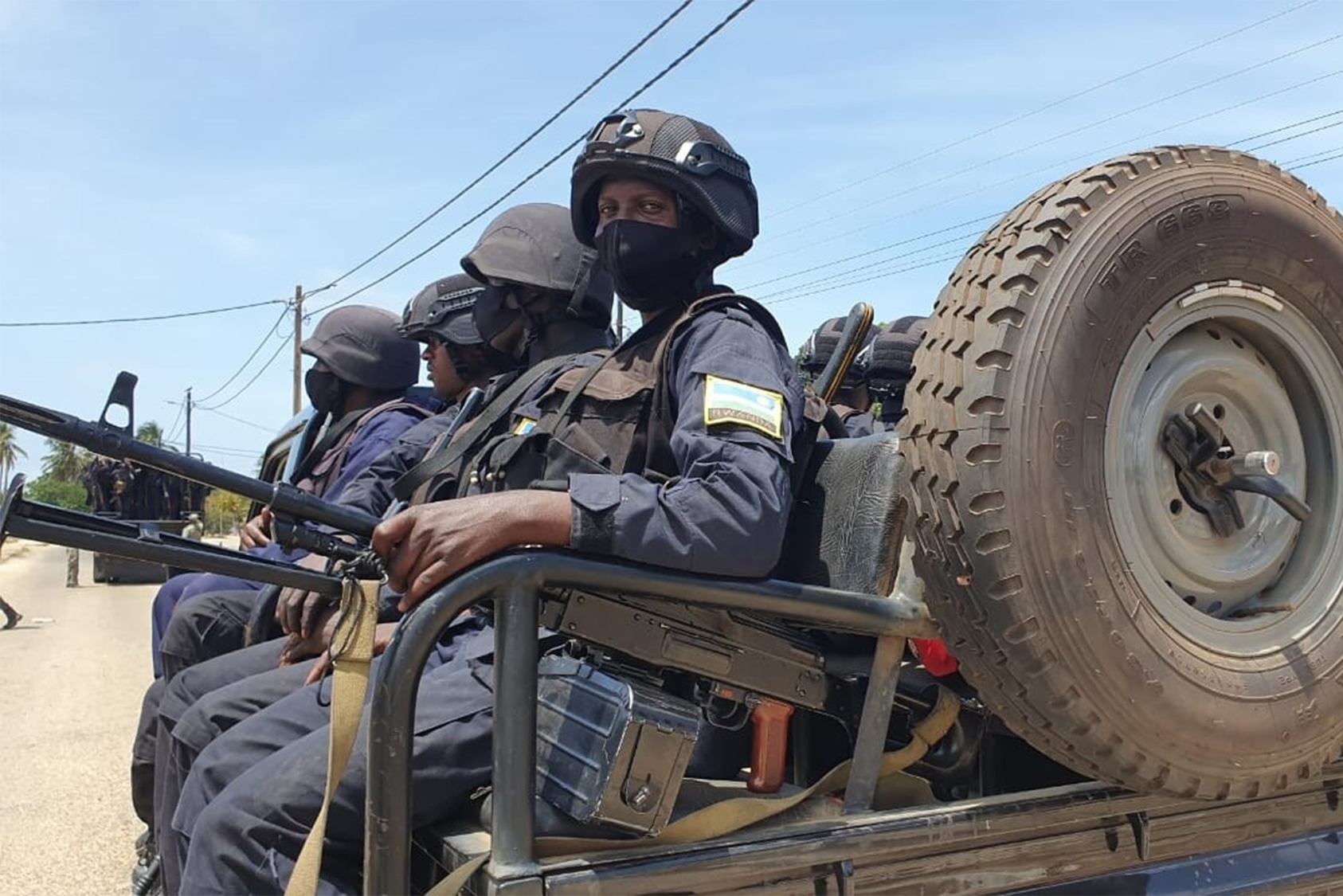
A Need for an Integrated Strategy
Since 2017, an Islamist insurgency has terrorized Mozambique’s northern province of Cabo Delgado. The violence has had a devastating human impact, forcing an estimated 1 million Mozambicans to flee their homes. This turmoil also has undermined chances of the region’s abundant natural resources being responsibly developed, adversely impacting investments in Mozambique’s critical minerals and natural gas fields that have received significant financial backing from U.S. government agencies.
While the militants remain active, it is encouraging that security gains made by the armed forces of Mozambique and regional countries since last year have some private sector entities actively considering their return or expansion in the region. In one promising sign, Standard Bank recently opened a new branch in Cabo Delgado. Successful conflict resolution in Mozambique demands an integrated strategy that goes beyond the current security effort and touches on the region’s governance, economic development and humanitarian needs, among other issues.
A Focus on the Private Sector
As the U.S. government and its international partners ramp up efforts to bring peace and stability to northern Mozambique, a greater focus on the private sector is needed. After all, the private sector frequently has the resources, organization, networks and connections to reach population segments that international aid agencies don’t. It can also create jobs essential to building stability in northern Mozambique. Conversely, if the private sector operates in a nontransparent or exclusionary fashion, it risks worsening the environment in which it works.
To reinforce security gains in Mozambique and build the foundations for lasting peace, the following approaches should be considered.
The Private Sector Should Hire Strategically
While major international energy projects bring employees of different nationalities from around the world to northern Mozambique, they also bring workers from throughout the country. Mozambican society is complex. And if locals feel they have been disfavored over those from elsewhere, there can be a backlash. Marginalization and underemployment risk those individuals being recruited to violence, as has occurred in northern Mozambique.
To mitigate this, the private sector in northern Mozambique should aim its training and hiring at segments of the population most susceptible to the insurgency. This could also bolster the reconciliation and reintegration process underway after Mozambican President Filipe Nyusi announced a pardon for surrendering militants in September.
Hiring across societal divides has been used in the Philippines and other conflict-prone regions to build understanding across the community and link one’s personal financial success to that of the local enterprise.
Bolster Small and Medium Enterprises in Cabo Delgado
While major energy projects in the region grab the headlines, the United States and its partners should give equal focus to bolstering small and medium enterprises (SMEs) in Cabo Delgado. According to the World Bank, SMEs represent about 90% of businesses and more than 50% of employment worldwide. Around the world, they form the backbone of any economy and will do the same in northern Mozambique if they can get access to financing. Access to adequate financing has long prevented SMEs from growing and hiring more workers. The International Finance Corporation (IFC) estimates that micro, small and medium enterprises in developing countries have an unmet financing need of $5.2 trillion annually.
The U.S. International Development Finance Corporation (DFC) is well-positioned to help. It could work with Standard Bank’s new presence in Cabo Delgado — providing it with a substantial loan, which could then be allocated to smaller loans by the local bank to struggling, yet viable, small businesses. As economic activity returns to the region, its SMEs need to be able to grow with it, again helping locals realize the benefits of the region’s development.
Focus on Development Corridors
Looking longer term, Mozambique should build off its experience with development corridors and apply that to the north. Development corridors concentrate public and private investments in a specific geographic area to create clusters of interconnected businesses, support value chains and propel economic growth. After Mozambique’s civil war between 1977 and 1992, development corridors were a key part of its postwar strategy, to varying degrees of success. Often linked to extractive industries, development corridors can help overcome logistic bottlenecks, strengthen the linkages between large investments and small enterprises, and allow for more inclusive economic growth by ensuring the infrastructure is designed to support not just the energy industry but agribusiness and others. Indeed, this summer, the World Bank announced a $400 million grant to improve the connectivity by road of Mozambique’s fragile and conflict-affected areas to the rest of the country’s economy.
Amplify the Voice of the Local Business Community
Since the country’s independence in 1975, the Mozambican business community has had little say in public affairs. For years, the ruling Frelimo party adhered to Marxist policies that denied and actively repressed free enterprise. Years of civil war also stifled the private sector. A degree of economic liberalization has increased private sector opportunities. Still, Mozambican businesses need support to address their interests more effectively if the economy in Cabo Delgado and throughout Mozambique is to develop. A genuinely independent business community, free of ruling party manipulation, is an essential civil society actor.
Fortunately, the United States is not starting from scratch. Speaking at Mozambique’s Gas and Energy Summit in September, U.S. Ambassador to Mozambique Peter Vrooman stressed to industry representatives how they could bolster Cabo Delgado’s youth through rebuilding schools, work training, and even sports team sponsorship. U.S. President Joe Biden and other administration officials should pick up and continue this critical theme during the Leaders Summit.
To be sure, the security situation in Cabo Delgado remains tenuous. The continued presence of Rwandan and other regional forces is critical to maintaining stability. But this situation will not last forever. The time to discuss and plan how the private sector can be a partner for lasting peace in northern Mozambique is now.
